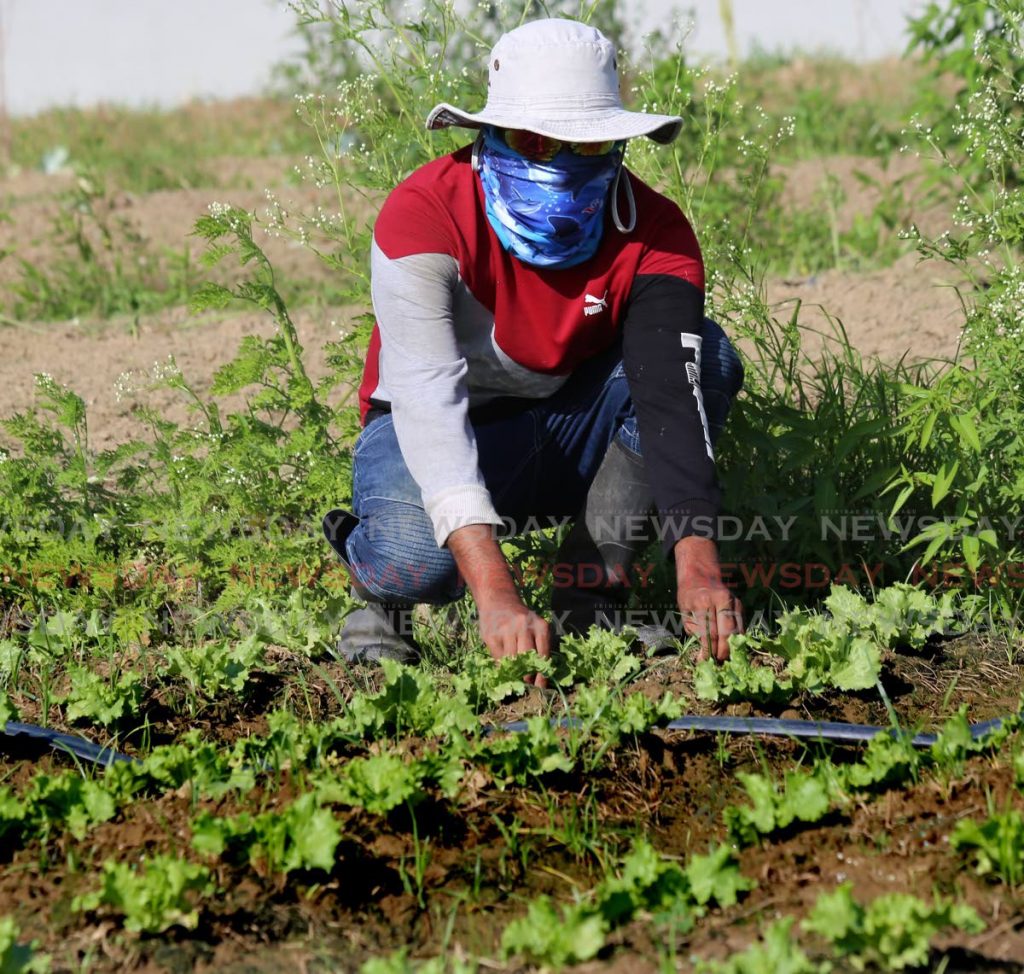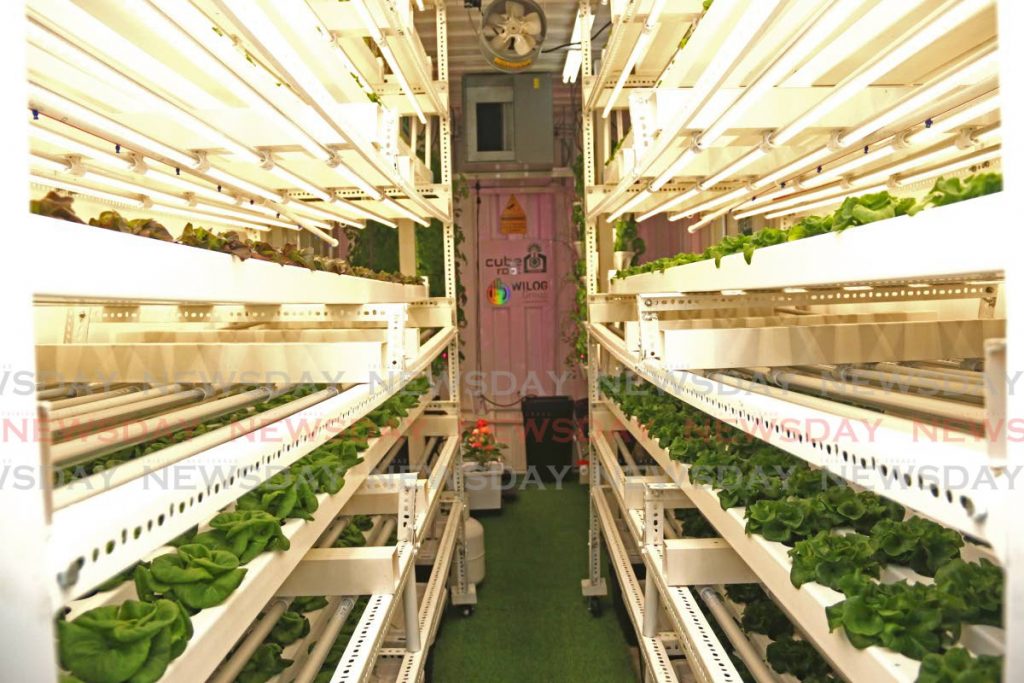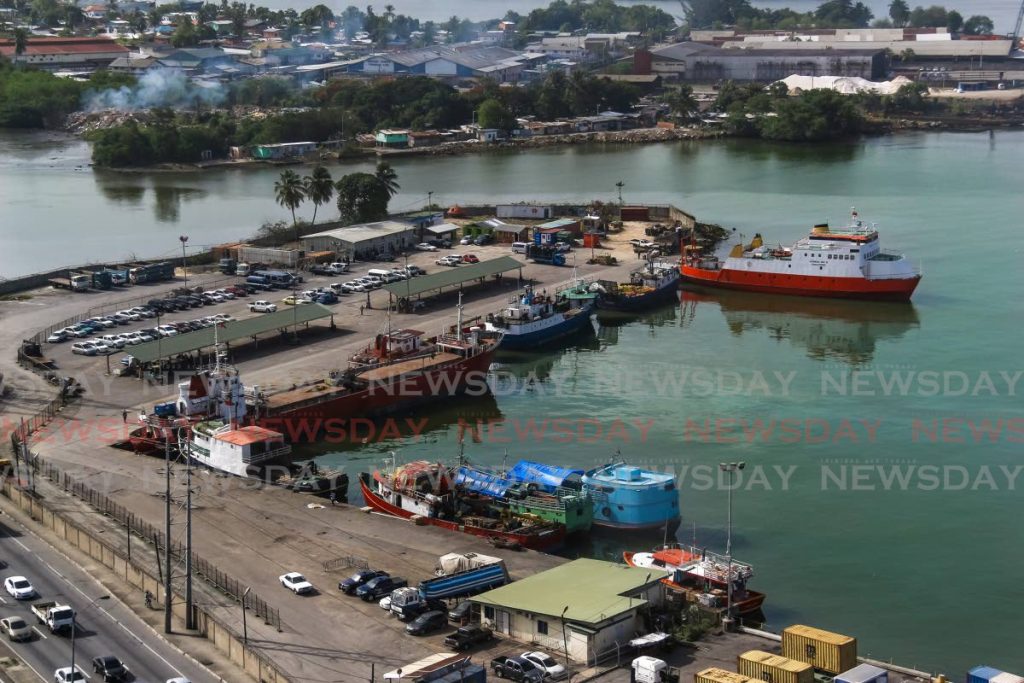Intra-regional trade key to creating Caricom food security

With the world having to close its borders for an uncertain period because of the restrictions for covid19, economies around the world, once dependent on trade and connectivity are grappling to figure out how to survive the effects of the virus and move forward.
Even before Caricom economists met virtually last Thursday several schools of thought had suggested for the region to survive the economic crisis, more investment is needed in agriculture – especially in a region that is highly dependent on imports.
Caricom economists, in one way or another, agreed at this virtual forum that for regional agriculture to grow, it would need a robust trade network, and since internationally economies are also struggling, the best place for trade would be in our own backyards.
Some even set goals to reduce Caricom imports by 25 per cent, by 2025. If successful, the region could displace some US$418.8 million dollars, based on current imports. The urgent webinar focused on enabling agricultural investment in the Caribbean for an effective response and post covid19 recovery. The webinar was also attended by more than 500 people across the Caricom region.
Covid in Caricom
The panel included Maximo Torrero Cullen, chief economist and assistant director general of the Food and Agriculture Organisation of the United Nations; Joseph Cox, assistant secretary general of trade and economic integration in the Caricom Secretariat; Sabato Caesar, St Vincent and Grenadines agriculture minister and chair of the Caricom Agriculture Sector Covid19 Response Task Force; and Patrick Antoine, representative of the private sector.
Cox said in no uncertain terms the region, and by extension, the world would have to deal with the virus for a long time to come. The virus, which has spread across 215 countries, has infected more than 3.9 million people and caused more than a quarter million deaths. Cox said during his presentation the Caribbean had a little more than a thousand cases.

But while the public health aspects of the disease had not dealt much of a blow to the region, the economic effects of the virus did much more damage, because, as a region heavily dependent on imports and tourism, as well as a region whose citizens rely on salaries from small businesses, Caricom countries suffered from what panellists called a supply and an economic drought borne out of the social/physical distancing necessary for the containment of the virus.
Cox said the virus hit the world at a time when several people were barely above the poverty line.
“What we have to look at is that we are working in a region where there is a high rate of informality (employment from small businesses which may or may not be registered), at about 40-60 per cent. The region’s governments have spent one to four per cent of their GDP on covid19, our fiscal multipliers (increases in spending which could affect the GDP) are weak and we have high underemployment levels and high debt levels.”
He also said wage rates are relatively low, and close to or more than half of Caricom citizens were one pay cheque away from poverty.
On a macro-economic scale, Caricom faced serious problems with trade as countries around the world closed their borders.
Torrero said the region first had to deal with logistical problems over the first two to three weeks after covid19 was declared a pandemic. But because there were so many unanswered questions the region began seeing serious problems in trade.
“Some key exporting countries began putting constraints in terms of trade. The first one was from Russia on wheat; the second one, which was more important, was from Vietnam, on rice, which affected the rice industry,” Cullen said.

He noted that since May 1, restrictions on rice were lifted.
Tourism, another industry on which the region depends heavily, also collapsed. Cullen said because borders were closed off from each other, and travel was banned worldwide, the tourism industry may never be the same. He said the only way the industry could be re-activated would be if there was a vaccine or cure which may not be developed for 20 months. Even if the industry were to be reactivated, Torrero said it would still have to contend with a worldwide recession caused by a global decline in GDP.
No country is an island
The solution, the panellists agreed, lay in intra-regional trade. But that would not be as easy a task as would be expected because of how the region traded pre-covid19.
Antoine said only 17 per cent of imports in Caricom are sourced intra-regionally, which would mean that the region depends on other markets in no small way, in terms of food. Additionally, statistics show that Caricom is the least connected to global value chains since its agricultural exports show the least global orientation when compared to other regions.
“If you look at the evolution of Caribbean trade over time, you will see that Caricom’s imports have gone up because our tourism has gone up; and now that our tourism is declining, it will hold major implications for food supply domestically, but also for import,” Antoine said.
Caesar said one contributor to these statistics is the absence of information and marketing intelligence when trading intra-regionally.
“The traders from St Vincent and the Grenadines exporting to TT and Barbados and other islands, when the vessel leaves, the senders are not aware of the price they are going to get for the commodities upon arrival. Even upon arrival in some markets we are not aware of what the buying price is for that day,” Caesar said.
“This is totally different from what happens outside the region. When you go online and you make an order it is a fixed price, and that price is what you pay.”
Lack of information and the distortions in prices for goods from island to island, are some of the major negatives when doing business intra regionally.
“If you don’t have an organised marketing intelligence framework, you cannot properly calculate your return on investments.”
Caricom: come together
For the region to achieve the goal of an improved investment in agriculture, all stakeholders have to be involved. Private sector representatives called for free trade within the agriculture sector and asked to have input in institutionalising best practices.
“For agriculture to move we have to unblock distribution, retail, supermarkets and small stores. Unless it is unblocked the agricultural system will not be responsive, Antoine said.
Antoine said Caricom needed large investment opportunities, which would impact Caricom’s overall economic footprint. They looked at seven opportunities – poultry, hatching eggs, corn and rice, meat, niche vegetables, cassava, and coconut products – as commodities where they could dominate, and possibly reach their goal of reducing food imports by 25 per cent in the next five years.
Currently several of these products are “under lockdown” as Antoine described it – meaning there is little to no intra-regional trade in most of these items, but hundreds of millions of dollars are spent in imports on these items.
According to the Caricom market value based on imports between 2016 and 2018, poultry meat cost the region US$121 million, hatching eggs US$54 million, corn and rice US$93.8 million and meat, US$30 million.
“Poultry meat, hatching eggs, corn and rice and meat have all been under lockdown,” Antoine said. “We have had movement in rice, but no movement in corn. You get virtually no intra-regional trade in those products. Our task is to try to unlock these products in the presence of this covid19.”
Intra-regional trade could also solve the problem of wastage and surplus. Countries like Jamaica are experiencing surpluses in items like hatching eggs; commodities that local farmers are currently clamouring for right now.
“We recognise that coming out of covid19 it will be a brand new ball game, and for us to respond would not just be a matter of investments it is a matter for us a region to grapple with the issue of cross border investment,” Cox said
Despite the challenges, Caricom officials believe the region will not only survive the period but with proper planning thrive afterwards.
“The next ten years will be critical for the Caribbean. It will define what the Caribbean looks like in terms of investment,” Antoine said. “There is scope and room for us to make a quantum shift.”

Comments
"Intra-regional trade key to creating Caricom food security"